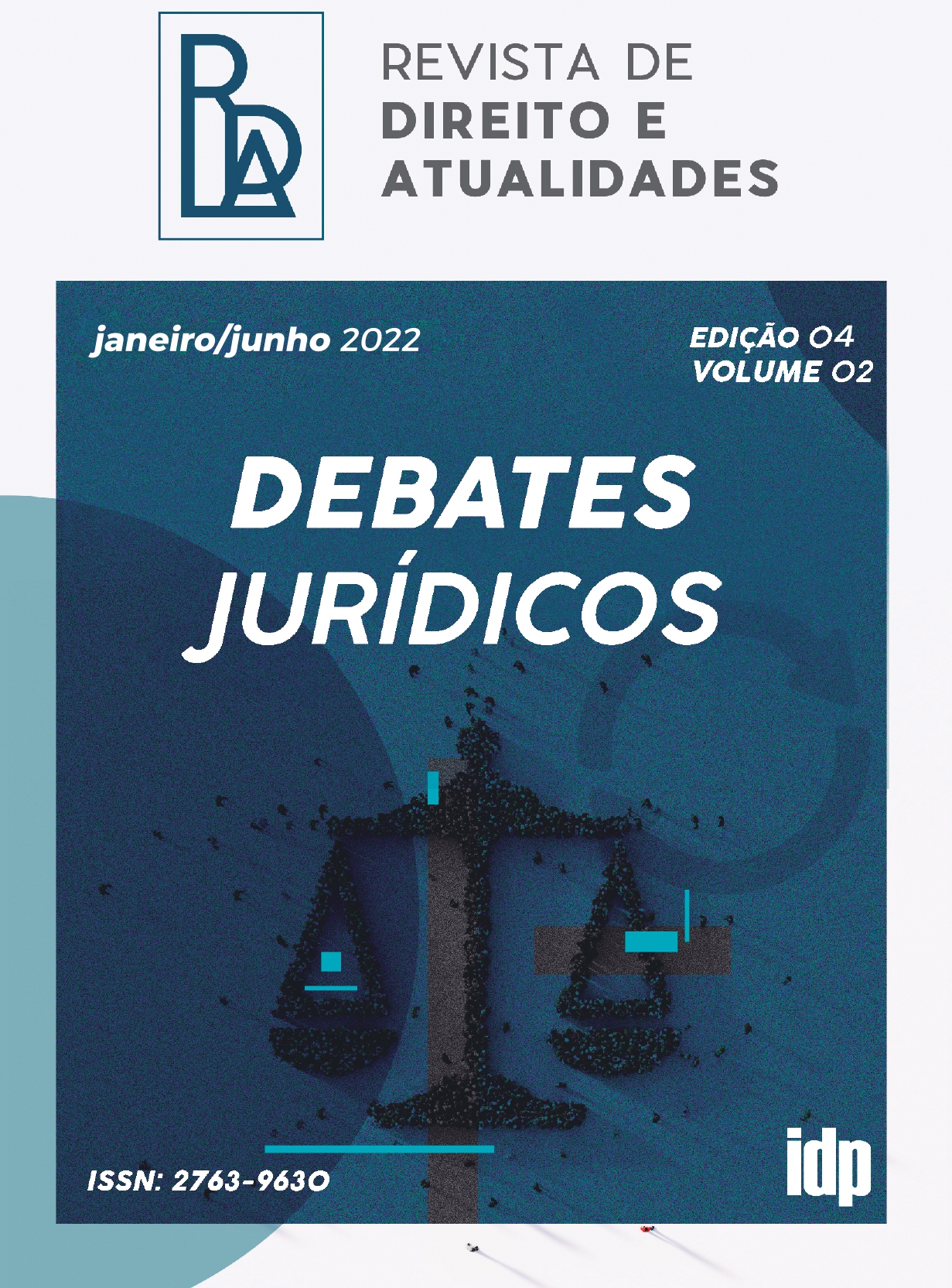A IMPRENSA DO SÉCULO XXI SOB A ÓTICA DE NEW YORK TIMES V. SULLIVAN
Abstract
This article aims to analyze the figure of the 21st century press in the face of attacks carried out by state agents, from the perspective of the precedent established by the United States Supreme Court (SCOTUS) in the New York Times Co. v. Sullivan, 376 U.S. 254 (1964). The main objective of the work is to observe the behavior of state agents in the face of criticisms conveyed by the media and contrast them with the understanding of SCOTUS consolidated in that case. The methodology applied corresponds to the inductive method, given the analysis of the aforementioned precedent and the reactions of Jair Bolsonaro and Donald Trump in the face of criticism made by the press during the 21st century, especially during their mandates. It was concluded that the media, much more than a means of disseminating information and news, also act with a critical bias and react to unlawful and unconstitutional acts carried out by political figures. Removing this voice from the media, albeit through intimidating ways, is to move towards an anti-democratic regime, whose state interference in communication vehicles becomes governmental protocol and free ideological debate becomes utopian.
Downloads
Downloads
Published
How to Cite
Issue
Section
License
The authors, when submitting their articles, agree with the following statements:
- Every author of each article is responsible for the ideas, concepts and opinions stated in it, and declare its accordance to the ethical principals demanded.
- Every author of each article agrees with the final version of the article presented and relinquishes its copyrights to IDP.
- Every author of each article informs that the paper is of his own authorship and takes responsibility for it, declaring that it does not infringe any copyrights belonging to somebody else.
- Every author of each article authorizes the editing of it, yielding to IDP rights to reproduce, edit, publish and distribute his article - preserving, at all times and for all purposes its authorship - in any way, particularly under its digital form, in an online file. This yielding of rights brings no expense to IDP, there is not any sort of financial compensation for the usage of the material, being solely on the basis of scientific collaboration.


